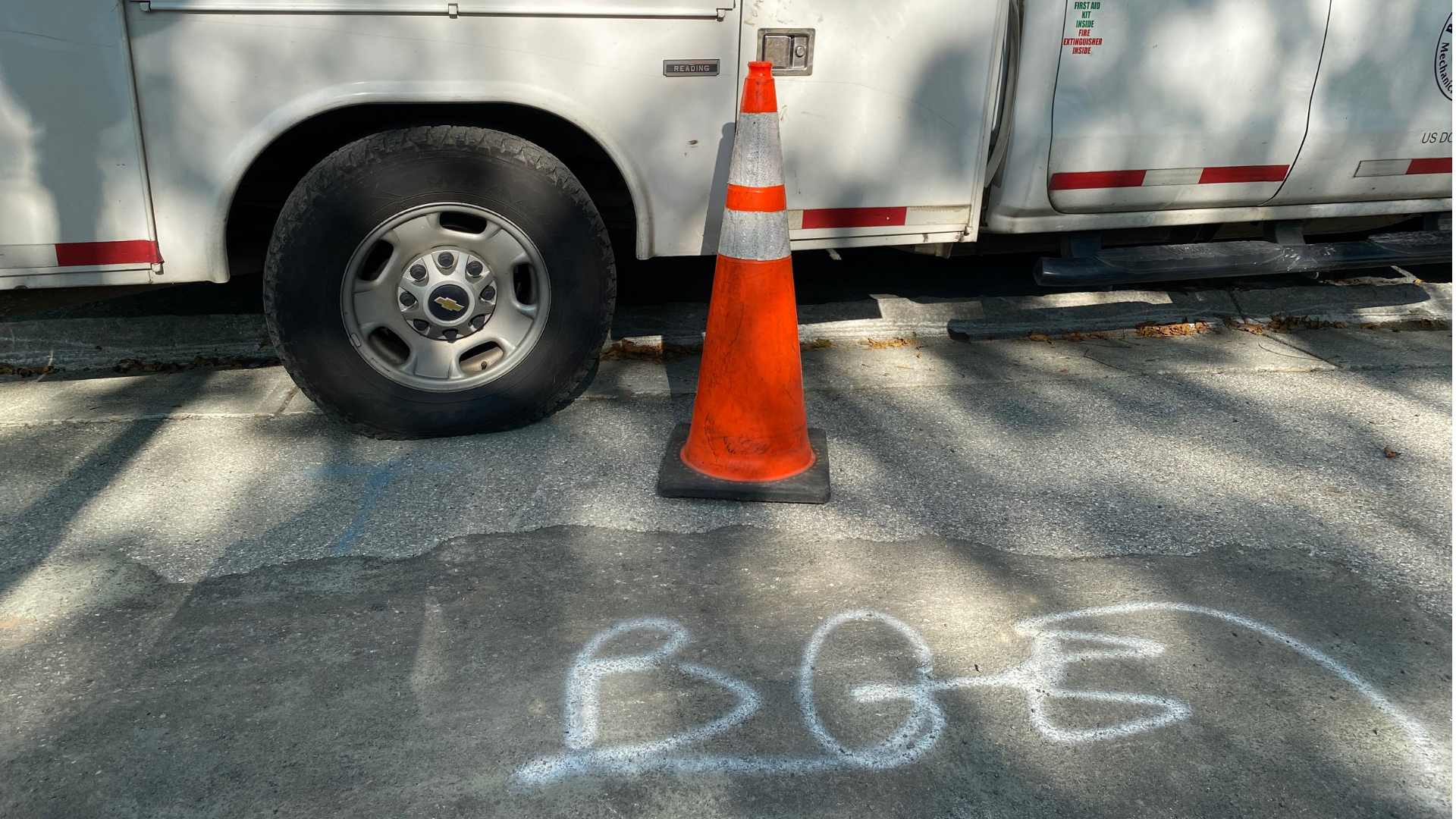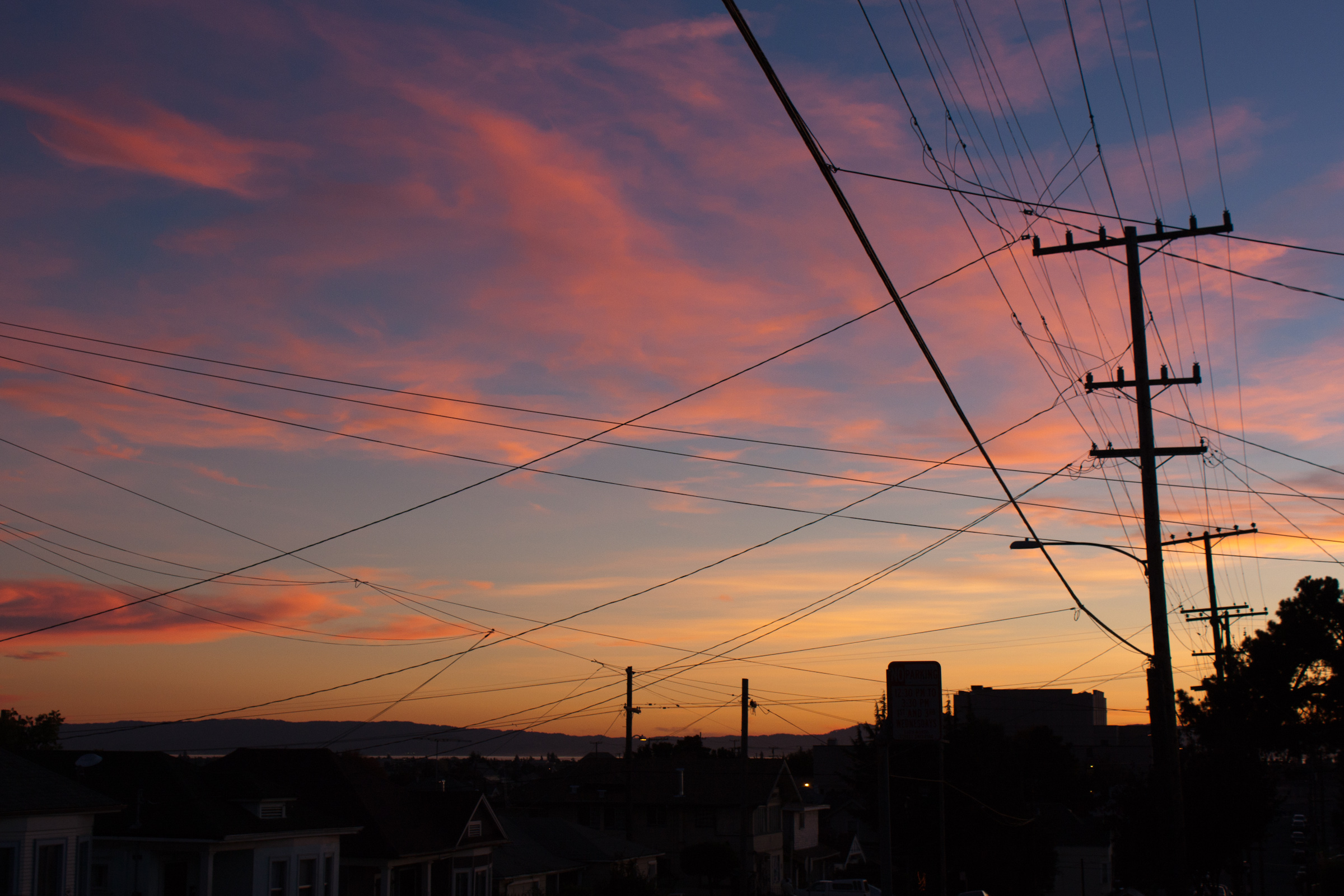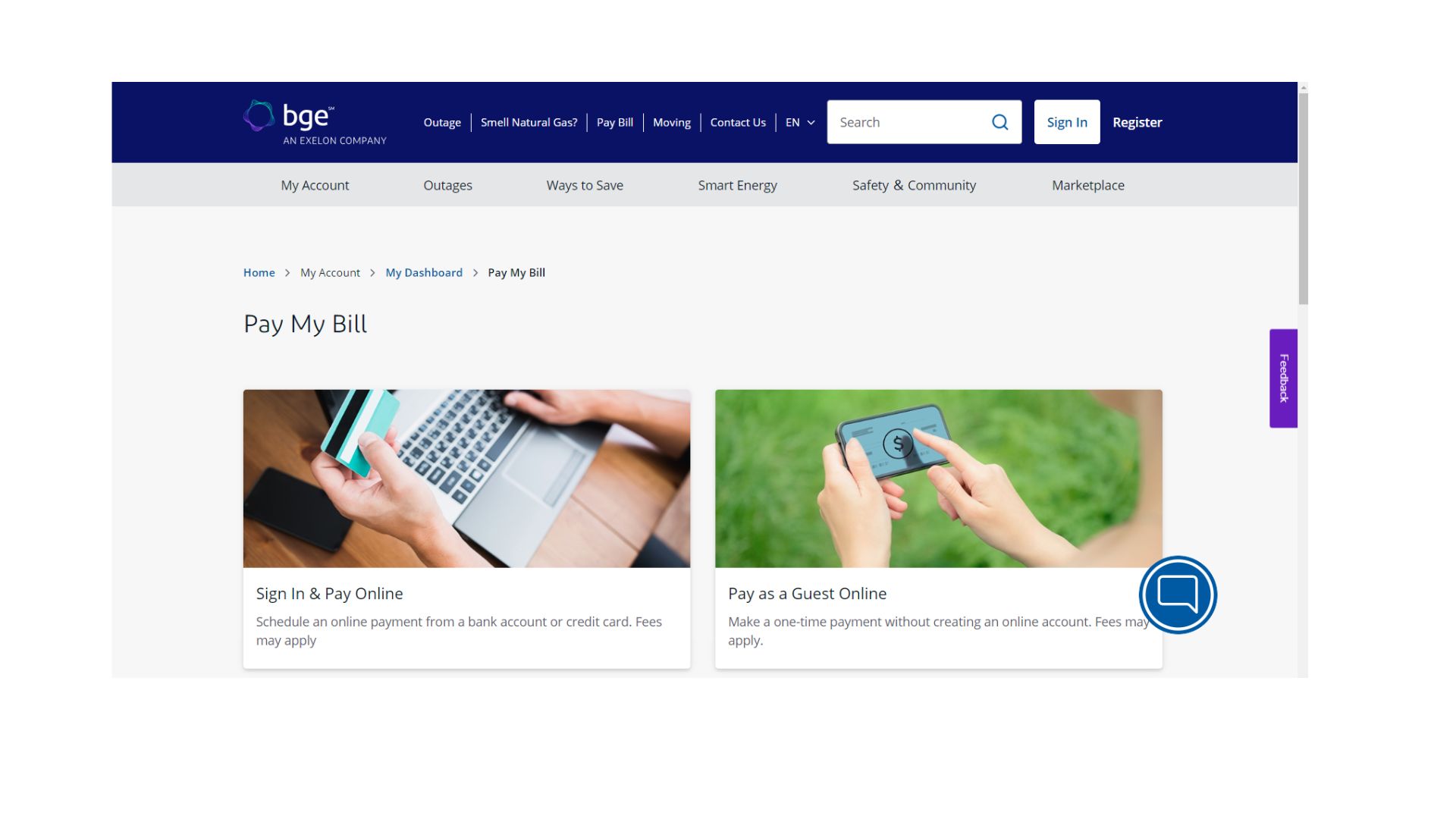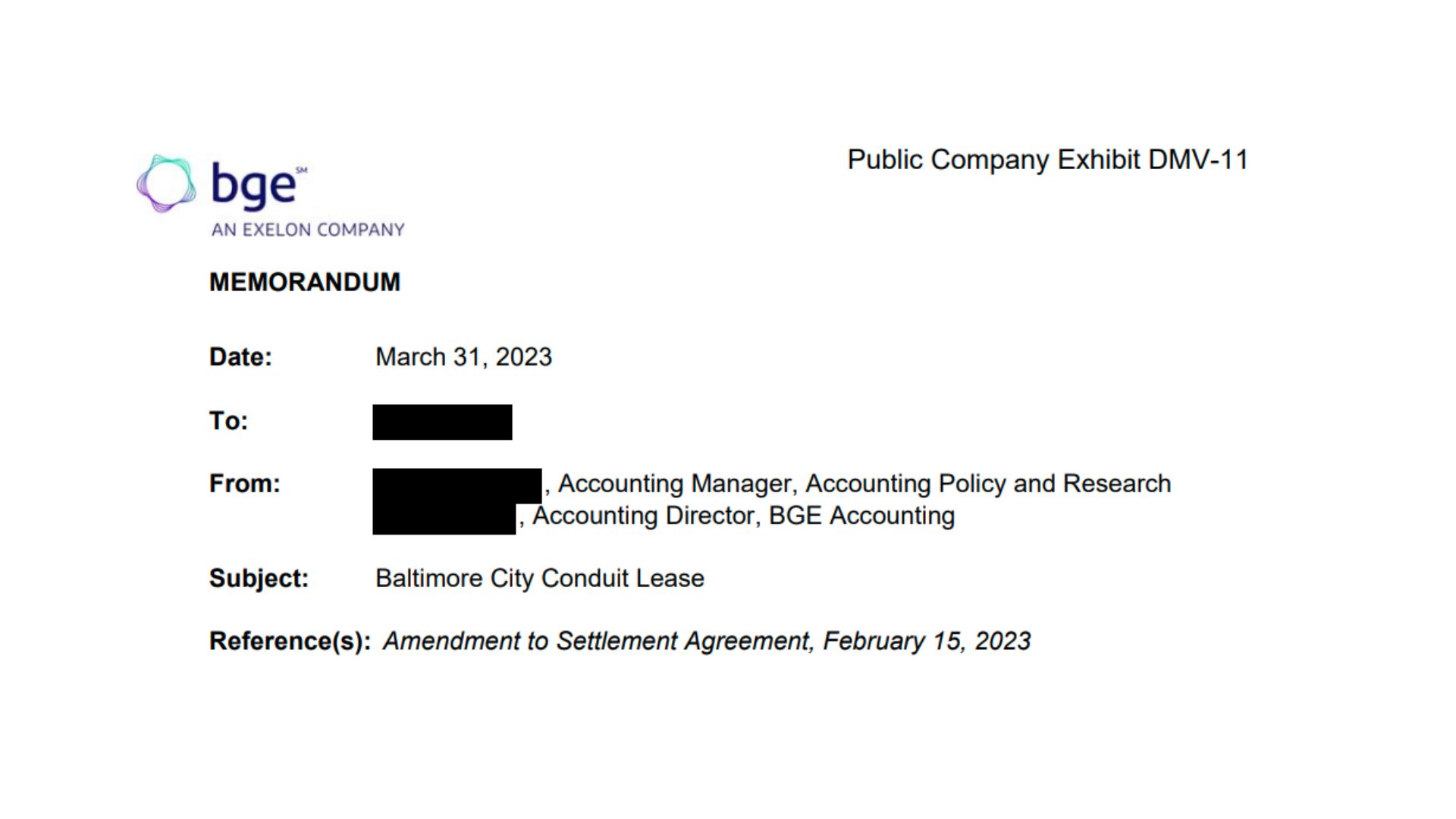
Part 3: BGE’s multi-year rate hike is bad for consumers
This is part three in our series on the many problems with BGE's multi-year rate hike.

We’re calling on the Maryland Public Service Commission to reject BGE’s plan in a three part series which starts with this intro.
The multi-year pilot program is bad for consumers
Under traditional utility regulation, rates are set at a static level until the utility chooses to propose a rate increase – often years later. While imperfect, this process provides regulators with important tools to moderate rate hikes as well as important incentives for utility managers to keep costs down.
In 2020, the Commission approved the first multi-year rate plan in Maryland for BGE under a pilot program. Multi-year rate plans allow for annual rate hikes over the course of the plan. Through multi-year plans, utilities can achieve ongoing, annual rate hikes, removing some of the cost-discipline of traditional regulation.
Why are we critical?
Critics of the pilot program, including the People’s Counsel, argue that it shifted financial risk from utilities to ratepayers, lacked accountability, and increased costs.
- The People’s Counsel is concerned that BGE’s multi-year rate plan incentivized massive infrastructure spending.
- The Commission has yet to finish evaluating the pilot program, and a workgroup tasked with evaluating the pilot was unable to reach consensus on recommendations.
- Until the Commission or state legislature can provide further guidance on multi-year rate plans, we recommend the Commission shift back to traditional regulation.
Since the 2020 BGE multi-year rate plan was approved, BGE has not demonstrated that they are using rate payers money to provide more reliable, safe or cost effective service.
In the future, any multi-year rate plans need clear consumer protections and strong regulatory oversight.
The Public Service Commission is accepting public comment on the rest of the rate case through the end of September and holding public hearings before making a decision at the end of the year.
A better way
The Public Service Commission should reject BGE’s proposal, approve a reasonable rate for 2024, and tell BGE that the next time they ask for a rate increase they need a plan that protects ratepayers, and makes smarter investments in our electric grid, energy efficiency, and gas infrastructure that prioritize safety, not profits.
Stopping BGE’s proposal will send a clear message to the utility companies that the new Commission is committed to its mission to serve the public interest, fight for ratepayers, ensure public safety and protect the environment.
BGE and all utility companies should have an opportunity to earn reasonable profits, but profits should be based on the successful provision of safe, affordable and reliable utility service.
Governor Wes Moore has appointed three new members to the five person Commission since the last rate hike was approved.
The new Commission and our state leaders need to hear from you on why they should reject this proposal.
The Commission is accepting public comment on the BGE rate case until September 29th and will decide by the end of the year.
Watchdogging utilities for 50 years
Over the past 50 years, Maryland PIRG and our national network have been on the front-lines of energy issues and leaders in watchdogging utilities.
We focus on what’s best for Marylanders’ health and climate future while calling for consumer protections to protect ratepayers from utility schemes and ripoffs.
Additional resources
- Office of the People’s Counsel: BGE’s Proposed Multi-Year Rate Plan
- Maryland Public Service Commission: BGE Propoposed Multi-Year Rate Plan Case file
- Office of the People’s Counsel: motion to strike electrification plan from rate proposal.

Stop the BGE rate hike! Community learning and action session
IN-PERSON
1199SEIU, 611 North Eutaw Street, Baltimore, Maryland 21201

Intro: The many problems with BGE’s multi-year rate hike
Topics
Authors
Emily Scarr
State Director, Maryland PIRG Foundation
Emily directs strategy, organizational development, research, communications and legislative advocacy for Maryland PIRG. Recently, Emily helped win small donor public financing in Montgomery and Howard counties, and the Maryland Keep Antibiotics Effective Act to protect public health by restricting the use of antibiotics on Maryland farms. Emily also serves on the Executive Committees of the Maryland Fair Elections Coalition and the Maryland Campaign to Keep Antibiotics Working, and the Steering Committees for the Maryland Pesticide Action Network and Marylanders for Open Government. Emily lives in Baltimore with her husband and dog.
Find Out More

Electric and gas utilities spend millions on political influence in Maryland

BGE’s Rate Hike – what does it mean?

BGE’s Conduit Memo – what does it mean?
